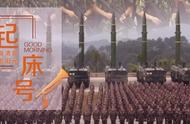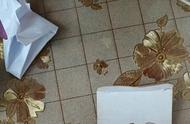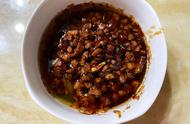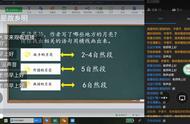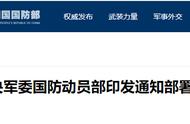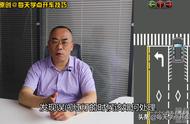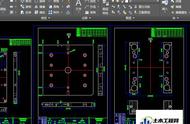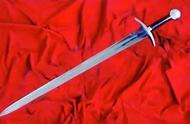
(1) be doing sth ---- when ---正在做什么事的时候……,正在做一件事,这时(突然)……
例:
It was raining when we arrived.
我们到的时候正在下雨。(正在下雨的时候,我们到达了。)
He was thinking about the question when an apple fell to the ground.
她正在思考这个问题,这时(突然)一个苹果落到地上。
He was still smiling when the door opened and his wife came in.
他正笑着的时候门突然开了,他妻子走了进来。

I was cooking when she knocked at the door.我在做饭,突然听到她的敲门声。
(2) be about to do sth --- when ---(be on the point of……when)刚(正)要做某事,另一件事发生了
例:
I was about to go to bed when the telephone rang.
我正待睡觉,电话响了。《汉英大词典》
They were about to lynch him when reinforcements from the army burst into the room and rescued him.
他们正准备动私刑绞死他时,援军闯入房间把他救下了。
《柯林斯高阶英汉双解学习词典》
We were about to start when it began to rain.
我们刚要出发,天就开始下雨了。
I was on the point of telephone him when his letter arrived.
我正要给他电话,他的信就来了。
He was on the point of saying something when the phone rang
他正要说话时电话铃响了。《柯林斯高阶英汉双解学习词典》
(3) had not done sth --- when ---/ hardly --- when(before) ---刚要做某事,另一件事发生了
例: He had not fallen asleep when the telephone rang.
他刚要入睡电话就响了。
I had hardly arrived at home when(before) it rained.我一到家就下起雨来了。
She had hardly had time to sit and have a rest when(before) the phone rang again. 她刚想坐下来休息一会儿,电话又响了。
需要注意的是,有的时候,否定副词hardly、scarcely或rarely可以提到句首,但这时会引起倒装。如上面的句子就可以改为:
Hardly had she had time to sit and have a rest when the phone rang again.
She had no sooner had time to sit and have a rest than the phone rang again. 她刚想坐下来休息一会儿,电话又响了。
No sooner had she had time to sit and have a rest than the phone rang again.

(4) had just done ---- when ---刚做某事,另一件事发生了
例:
She had just finished dressing when her guests arrived.
她刚穿戴完毕,客人们就来了。
I had just gone to bed after a very hard day when the phone rang.
在劳累了一天之后我刚刚就寝,电话铃就响了。
He had just drifted off to sleep when the phone rang.
他刚睡着电话铃就响了。
注意,这里的when可以替换为before:
I had just enough time to finish eating before the bell rang and I was off to my first class
我刚吃完饭铃声就响了,于是我赶去上第一堂课。
The match had just begun when the heavens opened and play was suspended.
比赛刚刚开始就突然下起倾盆大雨,所以只好暂停了。
《柯林斯高阶英汉双解学习词典》














